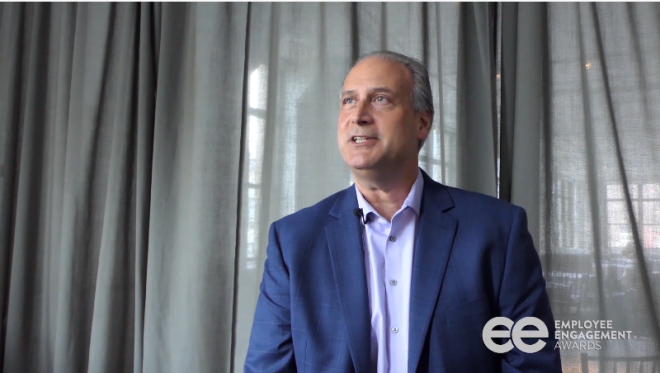
08th August 2023
Uncovering the Hidden Toxicity of a “Nice” Workplace Culture

Creating a toxic workplace culture seems a major contributor to the Great Resignation, but swinging to the other extreme of an overly “nice” culture can be equally damaging, warns Tessa West, a social psychologist and NYU professor. She notes that prioritizing niceness often clashes with open communication and necessary confrontation. Such a culture can lead to vague feedback, mediocrity, and lack of accountability. West suggests that a true healthy workplace culture is built on psychological safety, which includes the ability to give and receive honest feedback. Overemphasis on niceness can obscure authentic thoughts and hinder personal and career growth.
Most would agree that a toxic workplace is disrespectful, non-inclusive, unethical or abusive. The opposite of toxicity however, isn’t rainbows and sunshine — but a safe space for critical feedback and conversations, said Tessa West.
From the original article published in CNBC Make It:
A toxic workplace culture was one of the biggest culprits behind the Great Resignation — which saw droves of workers leaving their jobs or switching careers during the post-pandemic era.
But since then, some companies are moving to the other extreme of “a culture of niceness,” and that could be just as damaging as toxicity, said one social psychologist.
“There has been a huge push around well-being and niceness at work, being kind, empathic and being caring — which are obviously good traits to have,” Tessa West, who is also a psychology professor at NYU, told CNBC Make It.
“But what ends up happening is, we’ve somehow pitted niceness against clear communication and confrontation, even when it’s necessary.”
Most would agree that a workplace is toxic when it is disrespectful, non-inclusive, unethical, cutthroat or abusive. The opposite of toxicity however, isn’t rainbows and sunshine — but a safe space for critical feedback and conversations, said West.
Knowing how to receive and give honest feedback is an “absolutely essential ingredient” for career development, she added.
“There’s this false dichotomy of: If you’re critical, that means you are toxic. Positive feedback? That’s what people want,” West said.
“But nice isn’t always better. Sometimes nice is a cop out.”
The tell-tale signs
For West, the biggest tell-tale sign of a “too nice” workplace is when there is an abundance of “friendly overtures.”
“Friendly overtures that are super generic that can be applied to anybody, like ‘They’re lovely. They’re great to work with.’ They don’t actually say anything,” she explained.
“That is the biggest red flag for a culture of niceness where people don’t feel the psychological safety to talk about strengths and weaknesses.”
“Ironically, the biggest way to destroy psychological safety is through a culture of niceness, because you don’t really know what anyone actually thinks.”
Tessa West
NYU PROFESSOR
This may also lead to mediocrity, which bestselling author and Wharton psychologist Adam Grant considers one of the four deadly sins of work. Mediocrity is where individuals value relationships above results, he explained in a podcast.
“There’s no accountability. People are so worried about getting along that they end up forfeiting good work,” Grant added.
“In mediocracy, even if you do a terrible job, you can still get ahead as long as people like you.”
West added that a culture of niceness could also manifest in the form passive aggressiveness, where bad intentions are masked by smiles.
Or worse, if your manager is used to giving friendly overtures, any critical feedback that they receive from the C-suite is going to “feel like an avalanche of negativity.”
“Because these middle managers are not used to it at all, and they don’t know how to swallow it, it’s going to reduce their psychological certainty at work, it’s going to freak them out,” West said.
“They micromanage, they bulldoze, they do all that crap that we know is actually bad behavior at work. They’re going to be the worst case versions of themselves.”
Read the full article to find out how to break free from a toxic culture of nice in the workplace.
Are you an inspiring workplace? Then register for the Inspiring Workplaces Awards 2024.
Do you know an inspiring leader? Nominate them today: Inspiring Leaders Awards 2024.
Join our community here, for free and access The Inspire Hub Forum to connect directly with your peers who share the same purpose.





